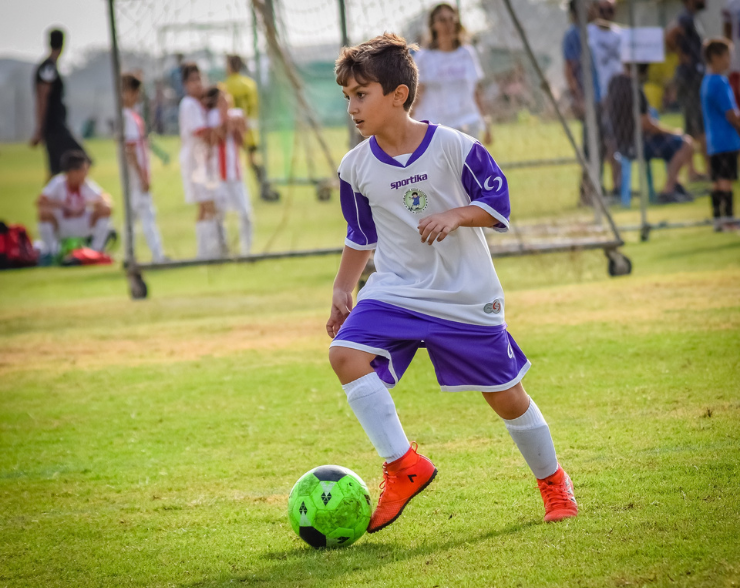COVID lockdown has given us a great chance to think outside of the box as far as coaching is concerned. I have used it as a time to get to know more about my players. This has been done by setting weekly creative challenges to go along with skills challenges, via the Heja app.
Among these challenges have included the players answering questions about themselves, which has given me a big insight into what makes them tick. The psycho-social aspect of player development is arguably the biggest and has the largest impact long-term. The following questions give an indication as to what is going through our players' heads when they attend practice and games.
Why do You Play Football?

There are a host of reasons why kids play the game. Each reason is individual to them and the best thing is, everyone is a good reason. As coaches, learning what motivates our players is one of the steps in helping them develop. Over the years, I have heard the following reasons as to why kids play the game
I like being with my friends
I like making new friends
I like spending time with my Dad
I want to win
I want to become the best player in the world
I like learning new skills and trying them out
I want to play for my country
Quite a varied response and in all reality, there could be many more reasons. People are motivated by things that they want to do (think of the difference between "needing" to get fit and "wanting" to) and kids are no different. If we understand why they play the game in the first place, we can tailor our sessions to get the best out of them.
Who do You Want to Play Like?

When I was growing up, I wanted to be like David Platt - he scored all the goals for my team after all. I also wanted to be like Tony Daley, who was quick and frightened defenders with his dribbling. Not to mention Paul McGrath, simply because the fans called him "God". As a result, I tried to play like all 3. The word "tried" is not to be understated!
Most young players want to emulate their heroes and this gives us a great basis to work off.
A player you coach wants to dribble like Messi? Great! Show them how to manipulate the ball, keep it protected and quickly change direction like him. Someone wants to score goals like Cristiano Ronaldo? Then allow them to practice the different types of finishing they can use. Fall over like Neymar? Maybe we should leave that one...
If we allow our players to picture someone they admire and the way they do things, it gives them a personal goal to aim for. It may very well change as the years go by, which is fine. The decision and direction they go in is theirs.
What do You Want to Achieve this Season?

This is a question that I have been asking players for the last 5 years. As with why they play the game, knowing what they hope to get out of it helps me know how hard to push each individual. When I first asked this question, I had a player who wanted to be the best player in the world. The expectations I had for her were a lot higher than with a player who simply wanted to learn how to do "the rainbow". Similarly, with my current U9's, a player answered that questions with "be more aggressive". When I asked what she meant, she wanted to be less kind to opponents when playing Football, compared to at school where she will help someone if she thinks they are hurt.
Everyone's ambition is different. As coaches of young players, we must strive to focus on what our players want to get out of the season, and not what is good for our ego. If they want to be best friends at the end of it, regardless of results, let's help them achieve that. The impact we have on that group will mean far more than whether Bob at the pub is critiquing our win/loss record. If our players want to win the league, then we encourage competition at every session.
What's Your Best Position?

What someone views as their favourite position is a lot different than what they see as their best. Most foundation age players want to be goalscorers, just like their heroes. It's rare you hear a young player say their favourite position is Right Back.
What they view as their best position is something else entirely. I was shocked when the majority of our players across both U9 and U11 though that their best position was somewhere in defence. Their could be a number of reasons for this. My experience tells me is the simplicity of the role, as the majority of the play is in front of them.
This information can provide a dual help. For the youngest foundation age players, it allows us to help come up with an individual plan to develop the skills they need to be successful in other areas of the pitch. For our older players, who are becoming more settled in roles, we can add to their game even more.

